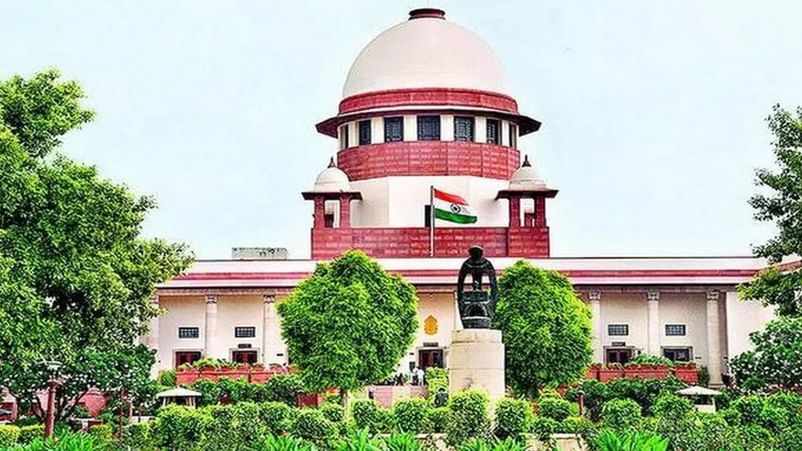‘Crying need for sentencing policy for judges’: Supreme Court


New Delhi: The Supreme Court has expressed an urgent need for the government of India to enact a “sentencing policy” to be followed by judges while sentencing a person who is held guilty by the court.
The court said unfortunately while pronouncing the quantum of punishment on a convict, the judges have been guided by the backgrounds they come from and the gender of the judge has also played an important role while sentencing a convict.
What did the Apex Court say?
A bench of Justice MM Sundresh and Justice SVN Bhatti in their judgement held, “A decision of a Judge in sentencing, would vary from person to person. The environment and the upbringing of a Judge would become the ultimate arbiter in deciding the sentence. A Judge from an affluent background might have a different mindset as against a Judge from a humble one. A female Judge might look at it differently, when compared to her male counterpart. An Appellate Court might tinker with the sentence due to its experience, and the external factors like institutional constraints might come into play. Certainly, there is a crying need for a clear sentencing policy, which should never be judge-centric as the society has to know the basis of a sentence.”
Apex Court also rued the fact that there is disparity in awarding a sentences by courts
The court also rued the fact that there is disparity in awarding a sentences by courts saying, “unfortunately, we do not have a clear policy or legislation when it comes to sentencing. Over the years, it has become judge-centric and there are admitted disparities in awarding a sentence.”
The top court in its judgement said that the government must consider introducing a comprehensive policy, “possibly by way of getting an appropriate report from a duly constituted Sentencing Commission consisting of experts in different fields for the purpose of having a distinct sentencing policy.”
Apex Court directed Centre to file an affidavit on what is being done to draw up a sentencing policy for judges
The government of India has also been directed to file an affidavit in the top court within 6 months detailing as to what is being done to draw up a sentencing policy for judges.
The court in its judgment also emphasised that the lower courts retribution alone is not the objective of justice, “If an offence is considered as an act against the society, the resultant action cannot be retributive alone, as equal importance is required, if not more, to be given to the reformative part.”
The court said that reformative aspects while sentencing by courts have been given a go by.
The court judgment comes in a case where it was called on to decide the fairness of atrial conducted by a trial court in a rape case of a minor. In this particular case, the lower court had concluded the trial in a day and delivered his judgment on the very same day.
